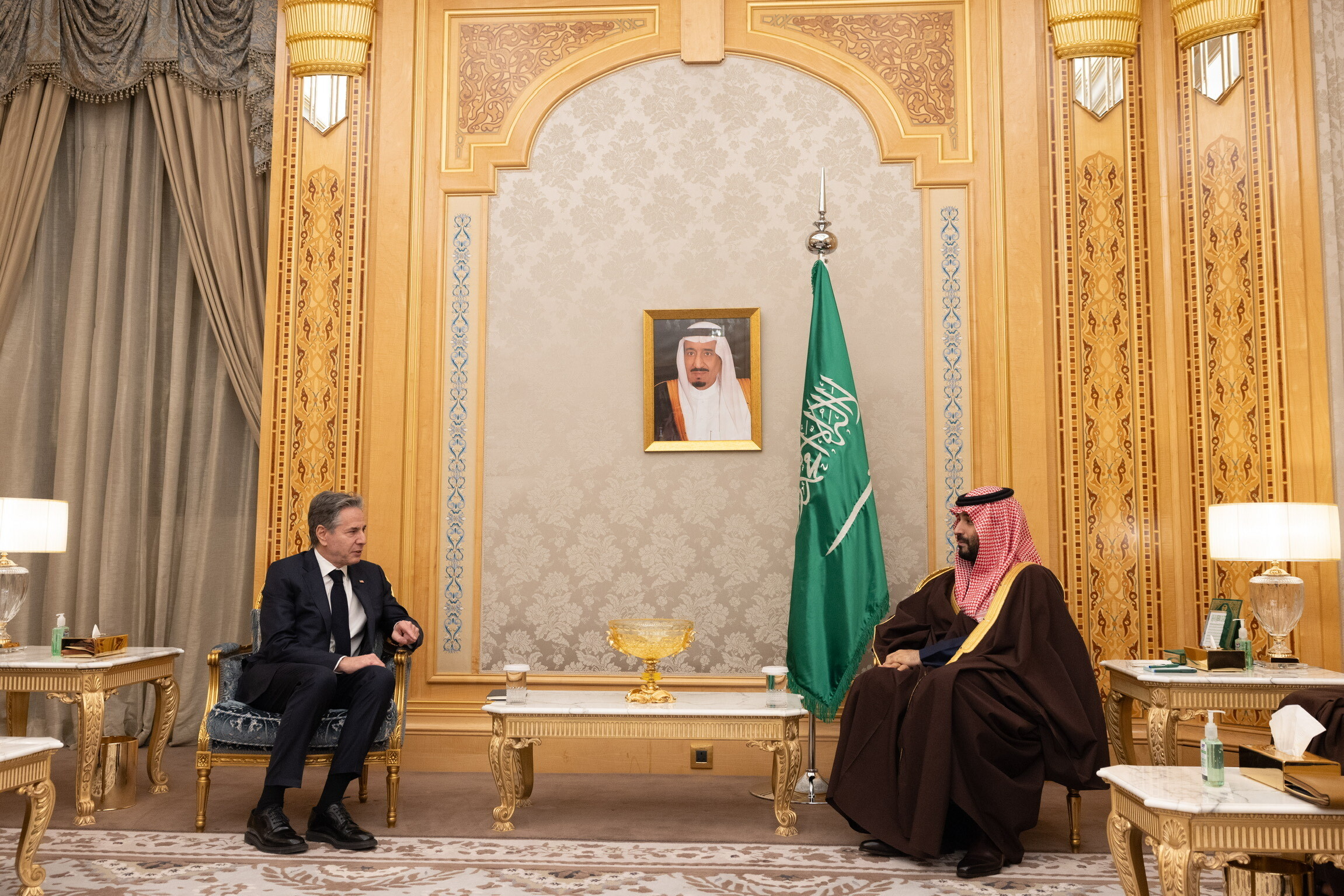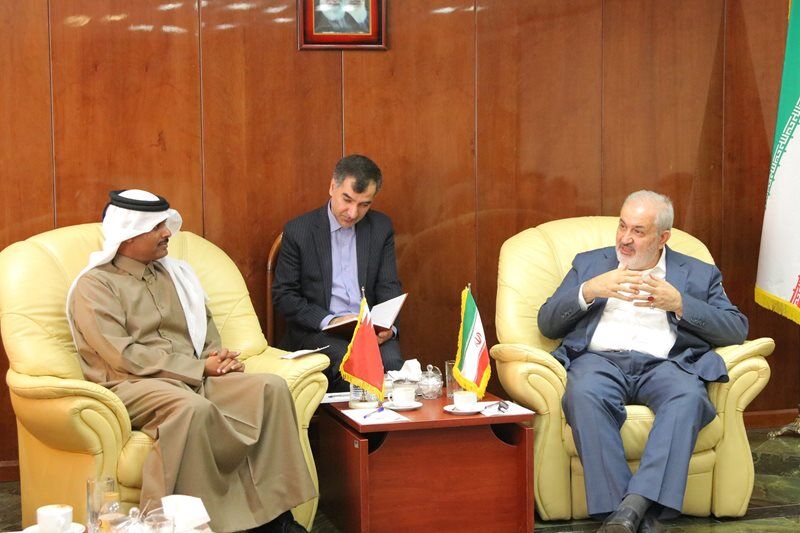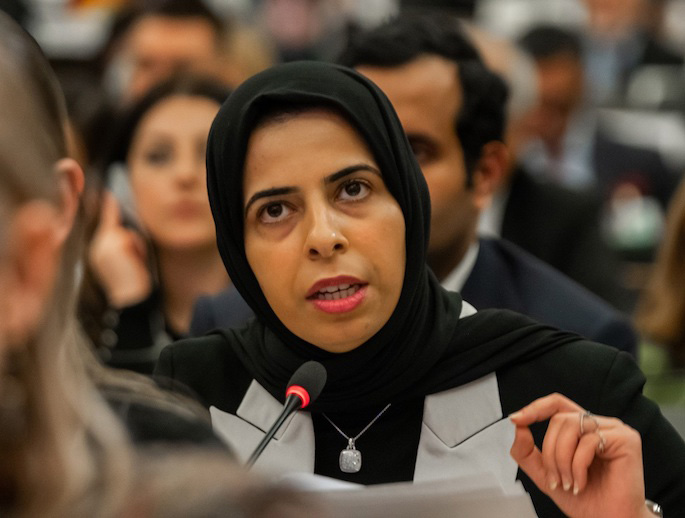Blinken is set to meet Qatar’s prime minister in Doha on Tuesday evening, a week since both diplomats met in Washington.
The United States Secretary of State Antony Blinken started his regional tour on Monday in Saudi Arabia and is heading to Egypt and Qatar on Tuesday in hopes of reaching a new deal that would release the remaining captives in Gaza.
Blinken’s tour includes Saudi Arabia, Egypt, Qatar, Israel, and the West Bank and will take place between from February 4-8, according to the State Department’s public schedule.
A statement by the State Department spokesperson Matthew Miller said on Friday that Blinken “will continue diplomatic efforts to reach an agreement that secures the release of all remaining hostages and includes a humanitarian pause.”
“He [Blinken] will continue work to prevent the spread of the conflict, while reaffirming that the United States will take appropriate steps to defend its personnel and the right to freedom of navigation in the Red Sea,” Miller added.
Blinken had started his tour in Saudi Arabia where he met with Crown Prince and Prime Minister Mohammed bin Salman Al Saud. The meeting dealt with Gaza’s dire humanitarian situation “and preventing further spread of the conflict,” Miller said in a statement on the discussions.
The two officials also spoke about “the urgent need to reduce regional tensions, including a cessation of Houthi attacks undermining both freedom of navigation in the Red Sea and progress on the Yemen peace process.”
The war in Gaza led to flare ups across the region, namely in Lebanon, Syria, Iraq and the Red Sea.
Attacks in the Red Sea have been on the rise since late last year, most notably after the Houthi’s capture of the Galaxy Leadership on November 19, a vessel that is partially owned by an Israeli businessman.
Yemen’s Houthis have since vowed to include American ships in the ongoing Red Sea attacks.
The U.S. then launched Operation Prosperity Guardian on December 18, 2023, a coalition aimed at addressing “security challenges in the southern Red Sea and the Gulf of Aden.”
The operation includes the United Kingdom, Bahrain, Canada, France, Italy, the Netherlands, Norway, Seychelles and Spain.
Every Israel-linked vessel moving from the Israeli Red Sea port of Eilat to Asia, Australia or East Africa would be subjected to an attack. Instead, the ships would have to take a longer path and manoeuvre the Bab El-Mandeb Strait, consequently paying a heavy additional fee.
On Saturday, the U.S. and UK attacked the Yemeni capital of Sanaa and the coastal province of Hodeida, Houthi-affiliated Al-Masirah television confirmed on X at the time.
The Red Sea escalations had started as the Yemeni file gained momentum for the first time since the beginning of the war in 2015 between the Saudi-led military coalition and the Houthi rebels.
The developments came after a China-brokered deal between Saudi Arabia and Iran last year, which led to the resumption of relations between the former regional rivals.
On January 17, Washington re-listed the Houthis as terrorists after they were de-listed in February 2021, when U.S. President Joe Biden came to office.
The U.S. Special Envoy for Yemen Tim Lenderking is set to travel to the Gulf region this week in hopes of stopping the attacks in the Red Sea, the State Department said in a statement on Monday.
Talks in Qatar
Blinken’s visit to Qatar is his third since the beginning of the war and comes as the Gulf nation plays a pivotal role in releasing the remaining 132 captives from Hamas in Gaza.
Blinken is set to meet Qatar’s Prime Minister Sheikh Mohammed bin Abdulrahman Al-Thani in Doha, a week since both diplomats met in Washington.
The meeting in Washington came after Sheikh Mohammed, who is also Qatar’s foreign minister, concluded a meeting in Paris with representatives from the U.S., Egypt, and Israel over a new deal in Gaza.
Speaking at an Atlantic Council panel during his visit to Washington, Sheikh Mohammed said the negotiations are now “in a much better place” in comparison to “a few weeks ago.”
“There was a clear demand of the permanent ceasefire ahead of the negotiations, which I believe that we moved from that place to a place where it potentially might lead to a ceasefire permanently in the future. And this is what we are all aiming for,” Sheikh Mohammed said.
Qatar — the host of a Hamas political office — and Egypt have been at the forefront of diplomatic efforts to end the war in Gaza, where Israel has killed at least 27,478, 70% of whom were women and children.
Both countries mediated a temporary truce last year that lasted between November 24 and December 1, enabling the release of at least 110 Israeli and foreign captives from Gaza.
Talks appeared to gain momentum on February 1 when Qatar’s foreign ministry spokesperson Majed Al Ansari said Israel agreed to a proposed ceasefire and Doha has received an initial “positive confirmation” from Hamas.
However, Hamas has yet to respond to the deal as it discusses it with other Palestinian factions, stressing that its main condition is a permanent ceasefire and withdrawal of occupation forces from Gaza—something that Israel has been rejecting.
The war has entered its fourth month with Israel intensifying its bombardment and attacks on Gaza without a permanent ceasefire in sight.
Israeli occupation forces have been advancing deeper into Khan Younis since last month, with plans to expand its invasion to Rafah where more than one million displaced people have been taking shelter.
The invasion of Rafah would mark another dangerous escalation and will eventually leave Palestinians nowhere to go other than neighbouring Egypt where the borders have been closed and entry is heavily restricted.







